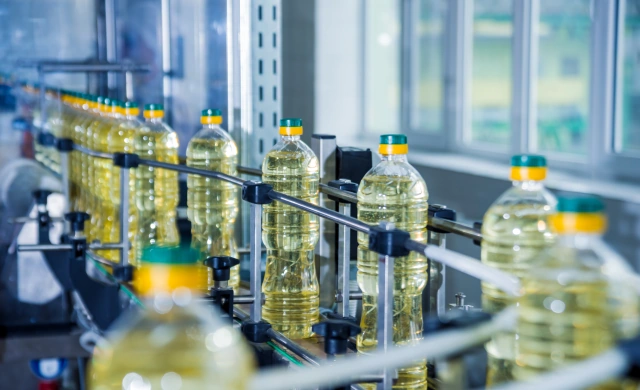
16 Dec Our position on the tax on non-reusable plastic packaging
New tax on non-reusable plastic packaging
Sustainability awareness is here to stay and with it, environmental taxation. A case in point is the new tax on non-reusable plastic packaging that will come into force on 1 January 2023 with the objective of promoting the circular economy.
As explained by the Spanish Tax Agency, this is an indirect tax on the use in Spanish territory of non-reusable packaging made with plastic, whether empty or filled with a product, and which are used to protect, handle, distribute and present merchandise.
The tax entails a charge of 45 cents per kilogram of non-recycled plastic and affects all operators that manufacture in Spanish territory, purchase from a member state or import packaging (full or empty). These are:
- Non-reusable plastic packaging
- Semi-finished plastic products intended for the preparation of the above packaging
- Packaging closures
In light of the current dependence on plastic packaging, there is no doubt that this tax will have a great impact, especially in the food sector.
As a company that manufactures flexible packaging and labels from plastic films, we are directly affected by this measure, which is why we share our opinion and position on the matter, which coincides with that of many other affected companies.
Possible consequences of the new tax
We are concerned that this tax may cause brands to seek out alternatives to plastics and that these alternatives are applied hastily. This could result in overpackaging that uses more material than is currently used in plastic, seriously harming the environment.
In the case of the food sector, the tax may lead to the use of less suitable materials for preserving food products, which may in turn result in an increase in product waste. For example, some companies may choose to package their products with materials that do not have the correct oxygen and moisture barrier capacity, wherefore they will not maintain food quality in the same way that plastic does.
Rieusset’s opinion and position
The packaging industry, like many others, has been experiencing great uncertainty and complexity for years. Starting with the COVID-19 pandemic and its consequences and continuing with the war in Ukraine and its effects, the instability of energy prices, transport strikes, shortages of supplies and the increase in the price of raw materials. These situations have led to an unsustainable economic situation with double-digit inflation rates, even causing production stoppages in some factories due to the fact that production costs are higher than selling prices.
We are concerned because this delicate situation that we are facing will be seriously worsened by the entry into force of the mentioned tax. The incorporation of this new tax burden will contribute to the rise in inflation, since forecasts indicate that the economic situation will remain unstable in the coming months.
As the Spanish Confederation of Business Organizations (CEOE) points out, the entry into force of this tax will negatively affect the competitiveness of Spanish companies compared to other countries that are not obligated to apply this tax. The rest of the countries of the European Union have not applied tax measures of this type and those that have will apply them when the economic situation improves.
In addition, there are still many key issues that directly affect the application of this tax that are unresolved. It is true that the Ministry of Finance has provided a document with questions and answers to clarify doubts, however, it has not been able to resolve the main doubts regarding the application of the tax. According to CEOE, some of these are:
- The difficulty with regard to imports. If the accrual and obligation to settle the tax arises at the time of importation, what will happen is that the import documentation includes the designation of a tariff code of the product being imported, but not of the plastic used for its packaging, which is the taxable event of the tax and which is unknown to the importer.
- This is a very complex tax, since it affects multiple actors who use plastics of all kinds in their packaging: plastic bags, plastic strapping used for wrapping boxes, padding inside packaging, sheets that wrap pallets, etc.
Added to this is the difficulty for companies or marketing brands to obtain the necessary information from suppliers (type of plastic, weight, recyclability, etc.) to determine the tax base for this tax.
Following our purpose, at Rieusset we fully support any initiative that has the actual objective of moving towards a circular economy, and we have already implemented the following:
- We are promoters of the use of recycled and recyclable materials whenever possible
- We are committed to recycling
- In recent years we have carried out multiple sustainable actions in order to reduce the carbon footprint
- We have the DPG certificate, the FSC certificate as well as other sustainability certificates
- We work every day on innovations to make our clients’ flexible packaging and labels increasingly more sustainable. More about our advances in sustainability here.
However, despite our strong commitment to sustainability and the circular economy, we believe that now is not the time to apply this measure, taking into account the particularly delicate situation we are experiencing.
We are in favor of delaying the entry into force of the tax on non-reusable plastic packaging until at least 1 January 2024. In this way we will have some time to finish clarifying the doubts and practical issues of the tax and give a break to companies and citizens.
| We Manufacture: | Meet Rieusset: |



